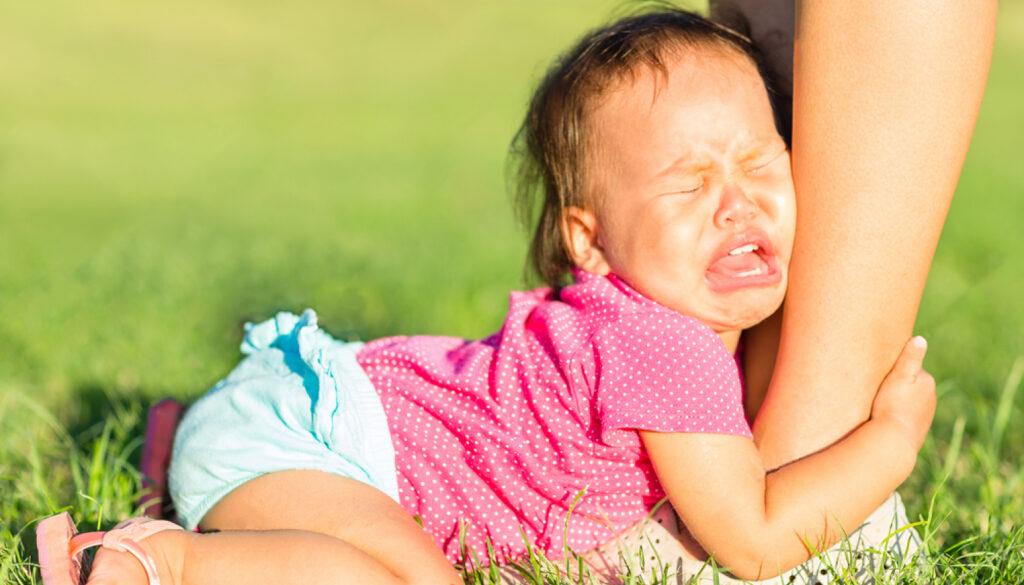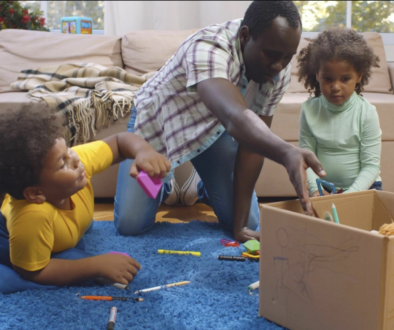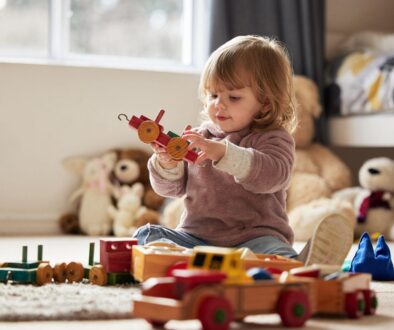Helping Your Young Child from Feeling Stressed

Young children may experience stress periodically and for many reasons. Stress is a normal reaction to the changes and challenges experienced in childhood. In small amounts and with the right support, stress can be beneficial by motivating them to learn, adapt, and overcome challenges. However, excessive stress can affect the way a child thinks, acts, and feels. It’s essential for caregivers to be aware of signs of stress in children and provide appropriate support and interventions to mitigate its negative effects.
Here are some common reasons why young children may experience stress and ways to help:
- Transition and Change- Young children thrive on routine and predictability. Changes in their environment, such as moving to a new home, starting school, or a family change, can be stressful. Helping a young child with transitions involves providing support, creating predictability, and offering reassurance.
- Try creating a consistent daily routine so that children know what to expect. Predictable schedules provide a sense of security and make transitions smoother. Give verbal warnings or use timers to signal upcoming transitions. Provide a special object or comfort item that your child can carry during transitions or use a countdown to signal the impending transition.
- Separation Anxiety– Being separated from primary caregivers, especially during early childhood, can lead to feelings of anxiety and stress in young children.
- Try starting with short separations and gradually increase the duration as your child becomes more comfortable. This helps build trust and confidence in their ability to cope with being apart. Keep goodbyes positive and brief. Assure your child that you will return and show enthusiasm about the upcoming reunion.
- Parental Pressure- Even at a young age, some children may experience stress related to parental expectations, such as behaviors or learning to read or write.
- Try fostering a love for learning rather than focusing solely on academic achievement. Recognize and celebrate individual progress and effort and take the time to understand your child’s perspective and emotions. Validate their feelings and let them know that their concerns are heard and acknowledged.
- Overstimulation– Young children may become stressed when exposed to excessive stimuli, such as loud noises, bright lights, or crowded environments.
- Try understanding what triggers overstimulation in your child. These triggers could be sensory, environmental, or social factors and recognizing specific triggers helps in finding targeted solutions. Designate a quiet and calming space where the child can retreat when feeling overwhelmed.
Creating a nurturing and supportive environment, maintaining open communication, and offering reassurance can help alleviate unnecessary stress and foster healthy emotional development in young children. If stressors persist or seem severe, make sure to seek guidance from pediatricians or mental health professionals.





